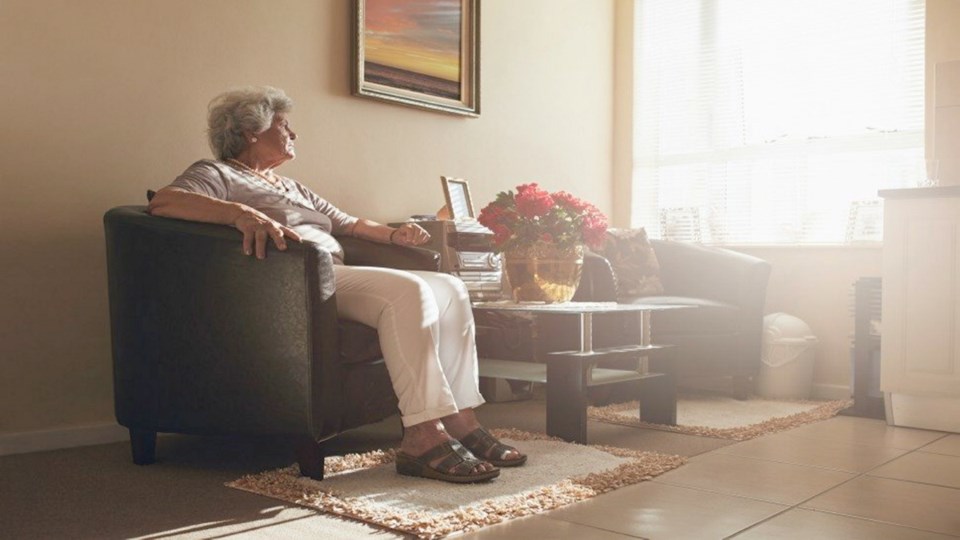It is ironic in this internet age, when everything and everyone seems to be connected, that we seem to be increasingly disconnected and lonely; moreover, many more of us are living alone.
The 2016 census found that the proportion of one-person households has been increasing steadily from 1951 (when it was 7.4 per cent) until 2016, when it became the most common type of household, at 28.2 per cent.
Living alone is not the same thing as being lonely; at various times we probably all want to be alone, and some people like to be alone a lot. But while being alone can be a choice, that is very different from loneliness, which the Oxford Dictionaries define as “sadness because one has no friends or company.”
That kind of being alone is involuntary, and the key word in the definition is sadness, which is only a step or two away from depression. After all, humans are social animals, so while being lonely on occasion is part of being human, chronic social isolation and loneliness are problematic.
In a 2017 report on connection and engagement, the Vancouver Foundation found that “14 per cent of residents say they feel lonely often or almost always” — which is one in seven people. But among people with a household income less than $20,000, more than one in three people are often or almost always lonely, while it is almost one in three of 18-24 year-olds and about one in four of those who are unemployed or are age 25 to 34.
Clearly, loneliness is an issue that affects the young and the poor, not just seniors, although it is often thought of that way.
Indeed, the mental and physical health consequences of loneliness are an emerging public-health concern; the U.K. appointed a ministerial lead on loneliness this year. This was greeted with derision in some quarters, perhaps in part because of a failure to understand both the difference between loneliness and being alone, and the severe health consequences of loneliness.
In his landmark book Loneliness: Human Nature and the Need for Social Connections, the late Dr. John Cacioppo, director of the University of Chicago’s Center for Cognitive and Social Neuroscience, described loneliness as “social pain” and “a deeply disruptive hurt” analogous to physical pain. He reported loneliness affects our immune system and our stress hormones, and can lead to suicidal thoughts and other mental and physical health problems.
Even more dramatically, he noted “social isolation has an impact on health comparable to the effect of high blood pressure, lack of exercise, obesity or smoking.” In fact, a 2015 review based on 70 studies from around the world found that, on average, those who reported they were lonely at the beginning of the study were 26 per cent more likely to die — greater than the increased risk of death due to obesity overall, and comparable to the mortality risk for moderate and severe obesity.
If loneliness is largely a lack of social connection, then presumably the answer is to create social connections among those who are lonely or are at risk of being lonely. But it is not that easy, especially among those who are chronically lonely. Cacioppo makes the point that loneliness itself can “create a persistent, self-reinforcing loop of negative thoughts, sensations and behaviours” that make it difficult to reach out or get out and make connections.
In a 2015 article in Perspectives on Psychological Science, Cacioppo’s team largely dismissed such seemingly common-sense approaches as providing social support, encouraging social engagement or teaching social skills, commenting that: “Interpersonal contact or communication per se is not sufficient to address chronic loneliness in the general population.” Instead they suggested a combination of cognitive behavioural therapy and some hoped-for medication.
I find that completely unsatisfactory, not only because it would be individualized and very expensive, but because with such a large-scale problem we need a population-wide public-health approach, just as we do for smoking or obesity. Clearly, we need to give a lot more thought to how we combat loneliness at a community level and strengthen social connections.
Dr. Trevor Hancock is a retired professor and senior scholar at the University of Victoria’s School of Public Health and Social Policy.



